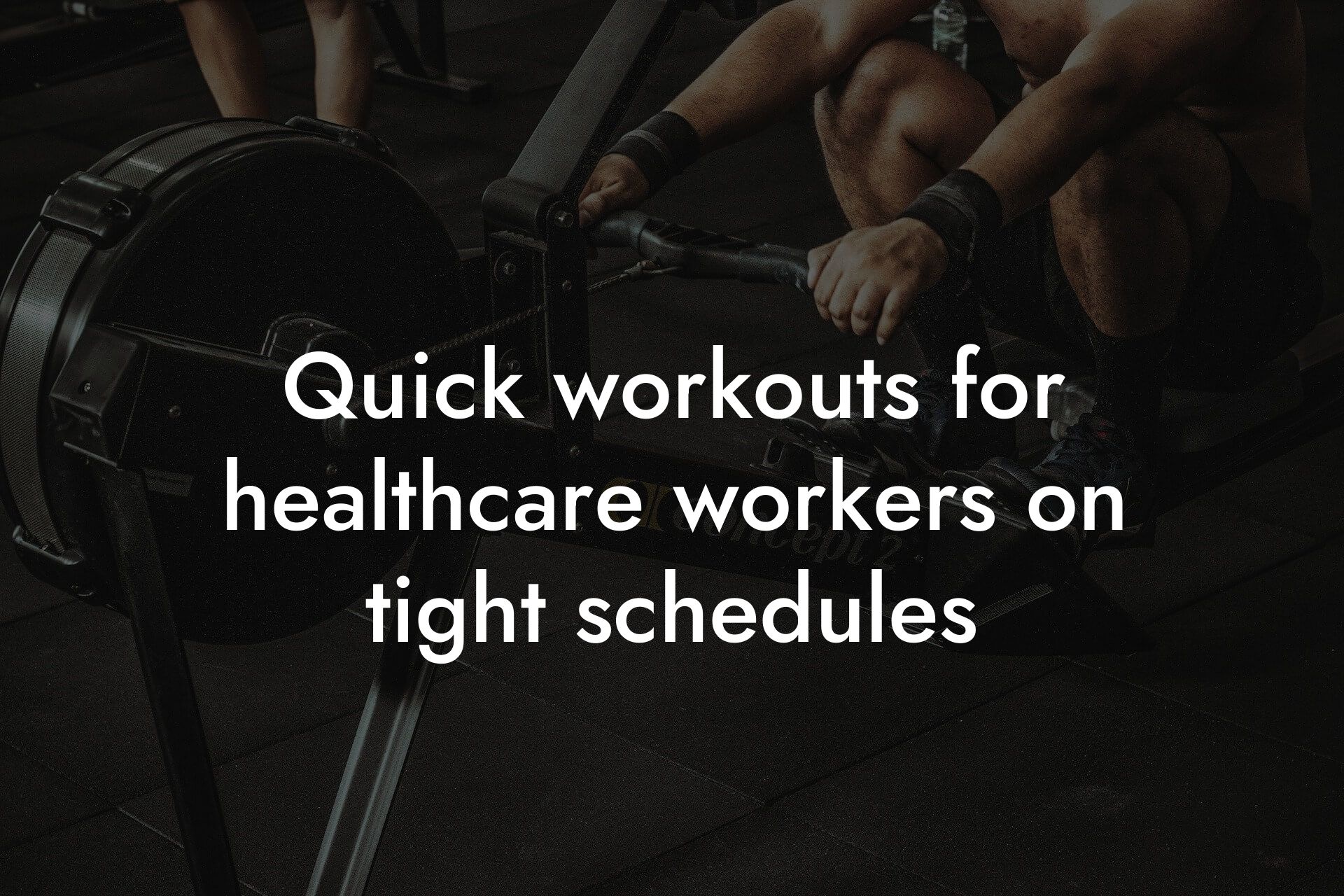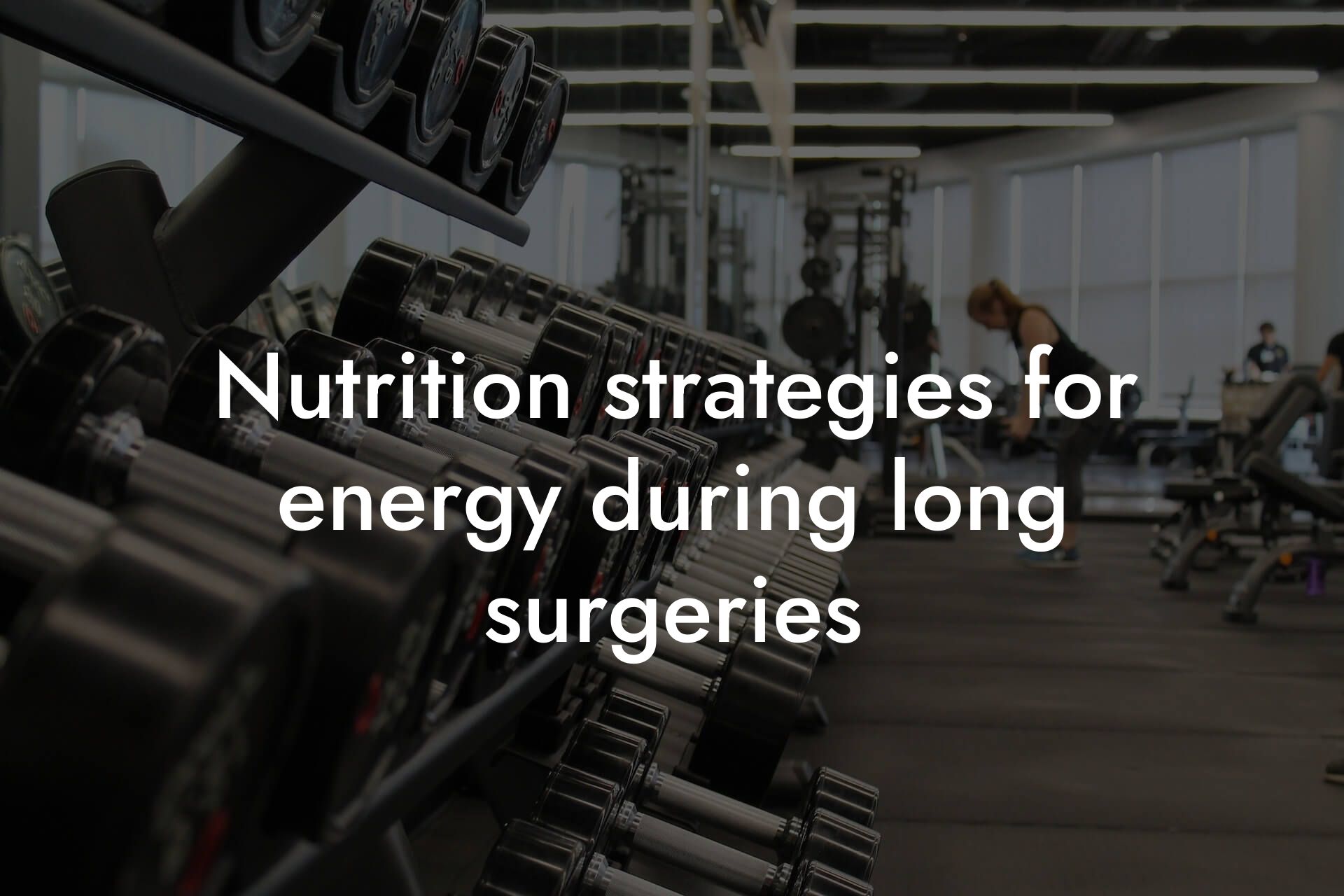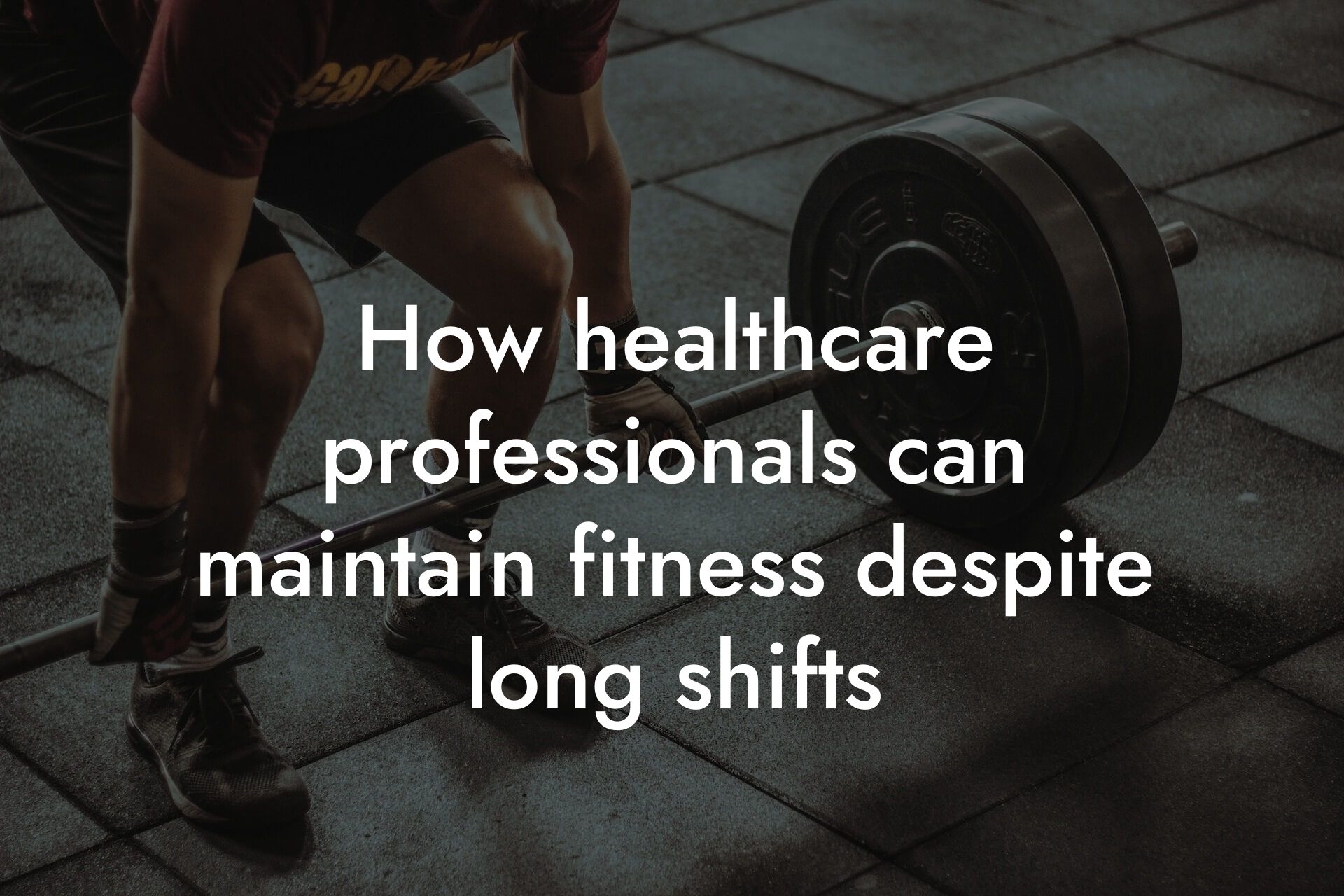As a healthcare professional, you understand the importance of accurate and comprehensive patient assessments. Dual-Energy X-ray Absorptiometry (DEXA) scans have revolutionized the way we measure body composition, bone density, and other vital health metrics. At Tano Performance Group, we're dedicated to providing high-earning professionals with the tools and insights they need to optimize their physical appearance, body fat, physique, and bone density. In this article, we'll delve into the benefits of DEXA scans for healthcare professionals and explore how they can elevate your practice.
Table of Contents
- The Science Behind DEXA Scans
- Accurate Body Composition Analysis
- Bone Density Analysis for Osteoporosis Prevention
- Personalized Nutrition and Exercise Planning
- Enhanced Patient Engagement and Education
- Streamlined Workflow and Cost-Effective
- Integrating DEXA Scans into Your Practice
- The Future of Healthcare: Embracing DEXA Technology
- Frequently Asked Questions
The Science Behind DEXA Scans
DEXA scans use a low-dose X-ray beam to measure the density of different tissues in the body. By emitting X-rays at two different energy levels, DEXA technology can distinguish between bone, lean mass, and fat mass. This allows for precise measurements of body composition, including percentage body fat, lean muscle mass, and bone density. The scan itself is quick, non-invasive, and painless, making it an ideal tool for healthcare professionals.
Accurate Body Composition Analysis
DEXA scans provide a detailed breakdown of body composition, allowing healthcare professionals to identify areas of improvement for their patients. By measuring percentage body fat, visceral fat, and lean muscle mass, DEXA scans help healthcare professionals develop targeted treatment plans for weight management, athletic performance, and overall health. This level of precision is unmatched by traditional methods, such as BMI or skinfold measurements.
Bone Density Analysis for Osteoporosis Prevention
DEXA scans are also essential for assessing bone density, a critical indicator of osteoporosis risk. By measuring bone mineral density (BMD), healthcare professionals can identify patients at risk of osteoporosis and develop prevention strategies. This is particularly important for patients with a history of fractures, family history of osteoporosis, or those taking medications that affect bone density.
Personalized Nutrition and Exercise Planning
With DEXA scan data, healthcare professionals can create personalized nutrition and exercise plans tailored to their patients' specific needs. By understanding a patient's body composition and bone density, healthcare professionals can develop targeted strategies for weight loss, muscle gain, or improved bone health. This level of customization leads to better patient outcomes and increased patient satisfaction.
Enhanced Patient Engagement and Education
DEXA scans provide a unique opportunity for healthcare professionals to educate patients about their health and engage them in the treatment process. By sharing DEXA scan results and explaining the implications of body composition and bone density, healthcare professionals can empower patients to take control of their health. This leads to increased patient motivation, adherence to treatment plans, and ultimately, better health outcomes.
Streamlined Workflow and Cost-Effective
DEXA scans are a cost-effective and efficient tool for healthcare professionals. The scan itself takes only a few minutes, and results are available immediately. This allows healthcare professionals to quickly assess patients and develop treatment plans, reducing the need for multiple appointments and tests. Additionally, DEXA scans can help reduce healthcare costs by identifying potential health issues early, preventing costly complications down the line.
Integrating DEXA Scans into Your Practice
At Tano Performance Group, we're committed to helping healthcare professionals integrate DEXA scans into their practice. Our state-of-the-art DEXA machine provides accurate and reliable results, and our team is dedicated to supporting you every step of the way. Whether you're looking to improve patient outcomes, enhance your practice, or stay ahead of the curve, DEXA scans are an invaluable tool.
The Future of Healthcare: Embracing DEXA Technology
As the healthcare landscape continues to evolve, DEXA scans are poised to play an increasingly important role. By embracing this technology, healthcare professionals can stay at the forefront of patient care, providing accurate, personalized, and effective treatment plans. At Tano Performance Group, we're dedicated to helping healthcare professionals unlock the full potential of DEXA scans and take their practice to the next level.
Frequently Asked Questions
What is a DEXA scan?
A DEXA (Dual-Energy X-ray Absorptiometry) scan is a non-invasive medical test that measures bone density and body composition. It uses low-level X-rays to produce images of the inside of the body, providing accurate measurements of bone mineral density, lean mass, and fat mass.
How does a DEXA scan work?
A DEXA scan works by emitting two low-energy X-ray beams with different energy levels. One beam is high-energy, and the other is low-energy. The difference in absorption of these beams by the body's tissues allows the scanner to distinguish between bone and soft tissue, providing accurate measurements of bone density and body composition.
What are the benefits of DEXA scans for healthcare professionals?
DEXA scans provide healthcare professionals with valuable information to diagnose and monitor various health conditions, such as osteoporosis, sarcopenia, and obesity. They also help professionals track the effectiveness of treatment plans and make data-driven decisions.
How accurate are DEXA scans?
DEXA scans are highly accurate, with a precision error of around 1-2%. This means that the results are reliable and can be used to track changes in bone density and body composition over time.
Are DEXA scans safe?
Yes, DEXA scans are extremely safe. They use very low levels of radiation, equivalent to about 1/10th of a chest X-ray. The scan is also quick, taking around 10-15 minutes to complete.
What can DEXA scans measure?
DEXA scans can measure bone mineral density (BMD), lean mass, fat mass, and percentage body fat. They can also provide information on visceral fat, which is the fat around the organs in the abdominal cavity.
How often should I get a DEXA scan?
The frequency of DEXA scans depends on individual circumstances. For healthy individuals, a scan every 2-3 years is sufficient. However, for those with osteoporosis or other health conditions, more frequent scans may be necessary to monitor treatment progress.
Can DEXA scans detect osteoporosis?
Yes, DEXA scans are the gold standard for diagnosing osteoporosis. They can detect low bone density and provide a T-score, which indicates the risk of osteoporotic fractures.
What is a T-score?
A T-score is a measure of bone density compared to that of a healthy young adult. A T-score of -1 or higher is normal, while a score of -2.5 or lower indicates osteoporosis.
How do DEXA scans help with weight management?
DEXA scans provide accurate measurements of body composition, allowing healthcare professionals to track changes in lean mass and fat mass. This information can be used to develop personalized weight management plans.
Can DEXA scans help with athletic performance?
Yes, DEXA scans can provide valuable information for athletes, such as body fat percentage, lean mass, and bone density. This data can be used to optimize training programs and improve overall performance.
How do DEXA scans differ from other body composition tests?
DEXA scans are more accurate than other body composition tests, such as bioelectrical impedance analysis (BIA) or skinfold measurements. They also provide more detailed information on bone density and visceral fat.
Are DEXA scans covered by insurance?
Insurance coverage for DEXA scans varies depending on the provider and individual circumstances. However, many insurance plans cover DEXA scans for osteoporosis diagnosis and monitoring.
How long does a DEXA scan take?
A DEXA scan typically takes around 10-15 minutes to complete. However, the entire process, including preparation and consultation, may take around 30-60 minutes.
Do I need to prepare for a DEXA scan?
Yes, it's recommended to avoid calcium supplements and wear loose, comfortable clothing without metal fasteners or zippers. You may also be asked to remove any metal objects, such as jewelry or glasses.
What happens during a DEXA scan?
During a DEXA scan, you'll lie on a flat table, and the scanner will move slowly over your body. You'll need to remain still and hold your breath for a few seconds during the scan.
Can DEXA scans be used for children?
Yes, DEXA scans can be used for children and adolescents to assess bone health and body composition. However, the scan must be performed by a qualified technician and interpreted by a healthcare professional experienced in pediatric densitometry.
How do DEXA scans help with sarcopenia diagnosis?
DEXA scans can help diagnose sarcopenia by measuring lean mass and muscle mass. This information can be used to develop personalized treatment plans to improve muscle function and overall health.
Can DEXA scans detect other health conditions?
Yes, DEXA scans can provide information on other health conditions, such as osteopenia, obesity, and visceral fat syndrome. They can also detect certain nutritional deficiencies, such as vitamin D deficiency.
How do DEXA scans benefit athletes with injuries?
DEXA scans can help athletes with injuries by providing information on bone density and body composition. This data can be used to develop personalized rehabilitation plans and improve overall recovery.
Can DEXA scans be used for research purposes?
Yes, DEXA scans are often used in research studies to investigate the effects of various interventions on bone density and body composition. They provide valuable data for researchers and healthcare professionals.
How do DEXA scans benefit healthcare professionals in patient care?
DEXA scans provide healthcare professionals with accurate and reliable data to diagnose and monitor various health conditions. This information can be used to develop personalized treatment plans, track progress, and improve patient outcomes.
What are the limitations of DEXA scans?
While DEXA scans are highly accurate, they do have some limitations. For example, they may not be suitable for individuals with metal implants or those who are severely obese. Additionally, DEXA scans may not provide information on muscle function or other aspects of overall health.
How can I find a qualified DEXA scan technician?
You can find a qualified DEXA scan technician through professional organizations, such as the International Society for Clinical Densitometry (ISCD). Look for technicians who are certified in densitometry and have experience with DEXA scans.
Here are some related articles you might love...
- Quick workouts for healthcare workers on tight schedules
- Nutrition strategies for energy during long surgeries
- How healthcare professionals can maintain fitness despite long shifts
- Managing stress through physical fitness in the healthcare industry
- The connection between body composition and job performance in healthcare
- How to maintain bone density in physically demanding healthcare roles
- The impact of physical health on patient care
- How to balance night shifts with fitness goals
- The importance of fitness for preventing healthcare worker burnout
Zak Faulkner
Zak Faulkner is a leading authority in the realm of physical health and body composition analysis, with over 15 years of experience helping professionals optimise their fitness and well-being. As one the experts behind Tano Performance Group, Zak has dedicated his career to providing in-depth, science-backed insights that empower clients to elevate their physical performance and overall health.
With extensive knowledge of DEXA technology, Zak specializes in delivering comprehensive body assessments that offer precise data on body fat, muscle mass, bone density, and overall physique. His expertise enables individuals to make informed decisions and achieve their fitness goals with accuracy and confidence. Zak’s approach is rooted in a deep understanding of human physiology, combined with a passion for helping clients unlock their full potential through personalised strategies.
Over the years, Zak has earned a reputation for his commitment to excellence, precision, and client-focused service. His guidance is trusted by top professionals who demand the best when it comes to their health. Whether advising on fitness programs, nutritional strategies, or long-term wellness plans, Zak Faulkner’s insights are a valuable resource for anyone serious about taking their health and fitness to the next level.
At Tano Performance Group, Zak continues to lead our Content Team revolutionising how professionals approach their physical health, offering unparalleled expertise that drives real results.




